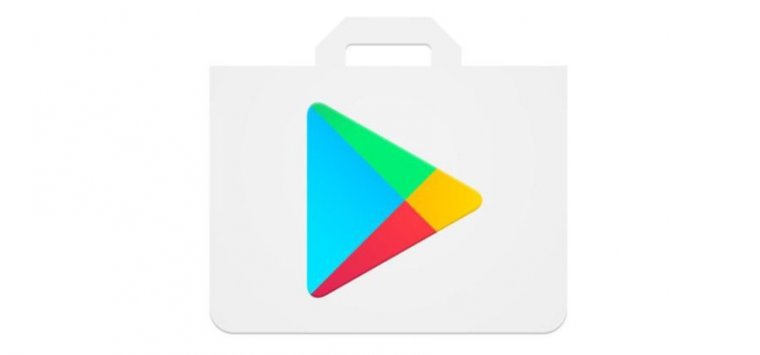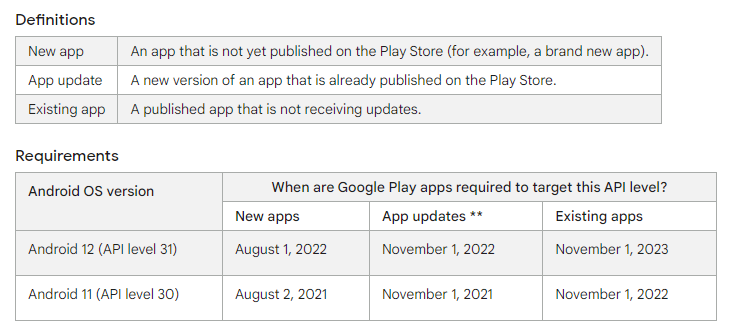

Google will soon hide neglected apps in the Play Store
source link: https://arstechnica.com/gadgets/2022/04/google-will-soon-hide-neglected-apps-in-the-play-store/
Go to the source link to view the article. You can view the picture content, updated content and better typesetting reading experience. If the link is broken, please click the button below to view the snapshot at that time.

Users looking for new apps will only see *new* apps —
Google will soon hide neglected apps in the Play Store
Starting in November, apps that haven't been updated in two years will be hidden.
Ron Amadeo - 4/7/2022, 5:41 PM

Google Play is moving forward in its war on old, un-updated apps. The Play Store has had a rolling minimum level for Android version support for a while now; developers have to use a "target API level" that is one year old or newer, or they will be unable to update their apps. Now, Google is announcing a second rolling minimum—if an app's target API level is two years old, the app will be hidden from the Play Store listings. That means users searching for a new app to install won't see abandoned apps.
Android's "target API level" system is sort of like a backward-compatibility setting for Android apps. Every new version of Android is identified by a new API level, which goes up by one with every release. Currently, Android 12L is API level 32, and Android 13 will be API level 33. Every version of Android comes with new features and security restrictions for app developers, but because Google doesn't want to break old apps with every release, the API level system lets app developers "target" the version of the Android features and restrictions they would like to run under.
The target API level doesn't have anything to do with the minimum version of Android that an app will run on (that would be the second big app setting, the "minimum API level"); it just lets apps say, "I am coded with compatibility for Android 12 features and restrictions, if they are available." In this case, the app would get access to the Android 12 features and have the Android 12 security restrictions applied to it, and it would run normally on older versions.
Advertisement

Before Google enforced these Play Store restrictions, the target API level was a voluntary system. Targeting a low API level was a viable strategy for a developer like Facebook, which probably doesn't care about new features and wants to run under as few restrictions as possible. Malware would also target low API levels. Google Play's target API rules, which launched in 2018, ensure that new restrictions apply to potentially malicious and data-hungry apps in the Play Store.
The new rules will kick in on November 1, 2022. At that point, Android 13 (API level 33) should be the latest version. The Play Store will stop accepting app updates that don't target at least Android 12 (API level 31), which will be a year old, though those apps will still appear normally on the Play Store. With the new rule, the Play Store will also hide apps that don't target at least Android 11 (API level 30), which is two years old. Developers can update their apps to a supported version to remove the restrictions.
Nonconforming apps "will not be available for discovery or installation for new users with devices running Android OS versions higher than apps’ target API level." Users who previously installed an app will still be able to find and install it again, but new user acquisition will be shut down. Also note that the hiding only happens if you are running a version of Android that is newer than the old app you're trying to download.The result is that the Google Play search results and category listings should only show apps that are supported by the developer, making it easier to find high-quality apps. Developers have two years to update their apps, and that's not even counting the eight-month heads-up they get from Android's public Developer Preview program. It looks like only the most neglected, abandoned apps will be hidden from the Play Store.
Recommend
About Joyk
Aggregate valuable and interesting links.
Joyk means Joy of geeK